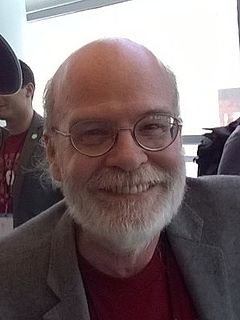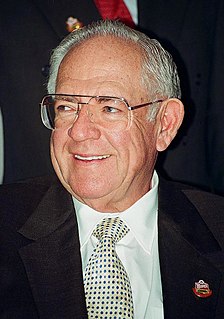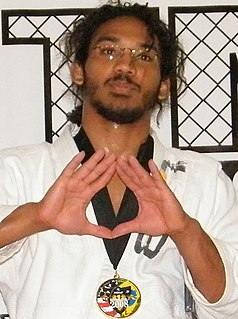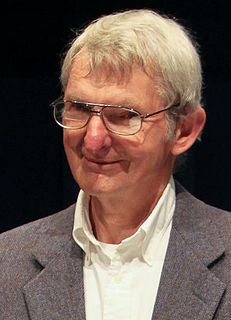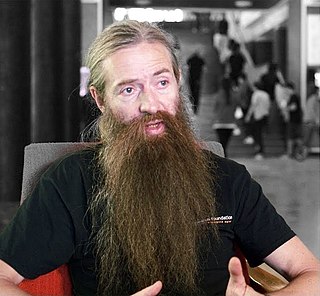A Quote by Charles Petzold
Programming in machine code is like eating with a toothpick
Quote Topics
Related Quotes
There's a subtle reason that programmers always want to throw away the code and start over. The reason is that they think the old code is a mess. [...] The reason that they think the old code is a mess is because of a cardinal, fundamental law of programming: It's harder to read code than to write it.
I don't think it's illegal. I don't think it's against the rules. It's as dangerous for me to have a toothpick in your mouth as it is to have a 200-pound man punch me in the face hard or try to kick me in the face. I'm more worried about that, to be honest. I don't have any superstitions. I won world titles with a toothpick. I defended it without a toothpick. It all depends. Sometimes I do it, sometimes I don't. It's a bad habit. I know I shouldn't do it, but it's fine.
In this respect a program is like a poem: you cannot write a poem without writing it. Yet people talk about programming as if it were a production process and measure "programmer productivity" in terms of "number of lines of code produced". In so doing they book that number on the wrong side of the ledger: we should always refer to "the number of lines of code spent".
